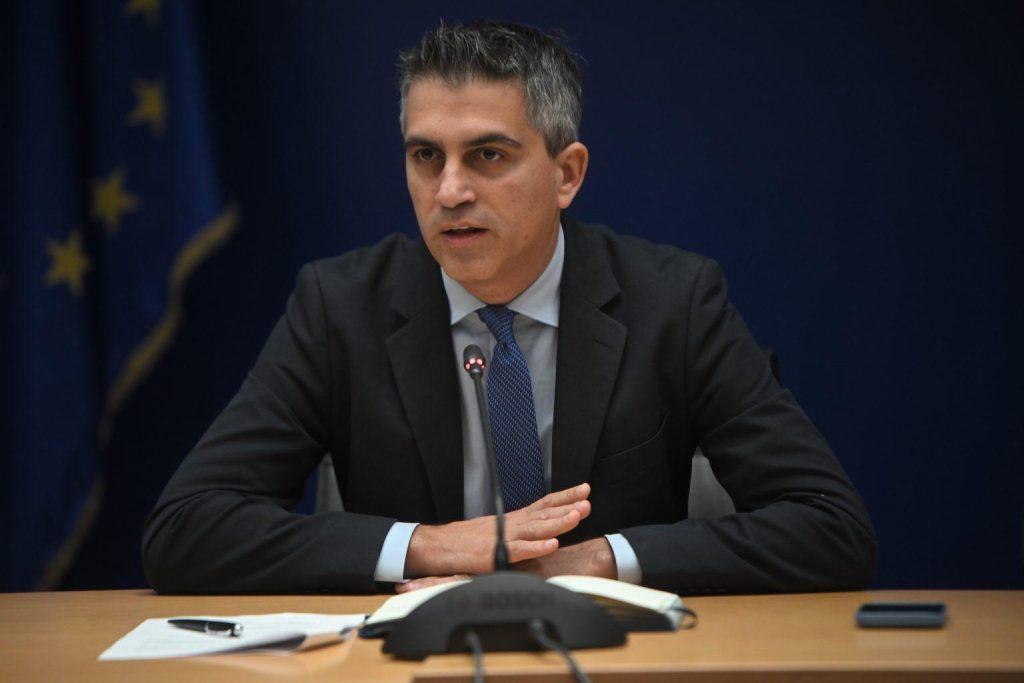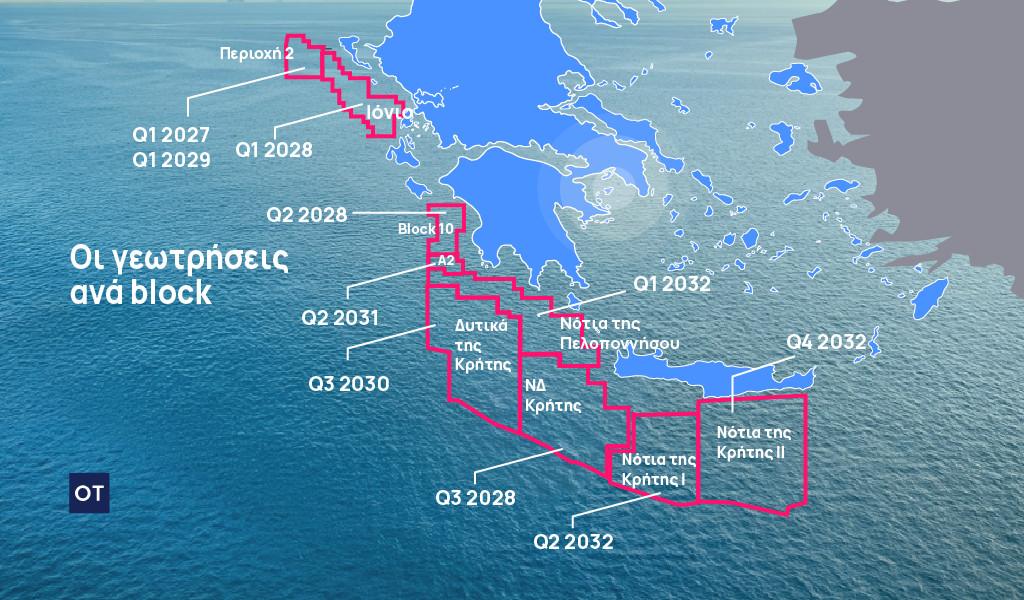The Commission is exerting “pressure” on Greece to reduce costs in its second report on post-program supervision in Greece. It neither more nor less calls for capping net primary spending growth in 2024 at 2.6%, while at the same time estimating that there will be larger primary surpluses.
From there, it calls for an end to energy support measures in place until the end of 2023, using the associated savings to reduce the budget deficit. In the event that any new increases in energy prices require support measures, it calls on the Greek government to move towards ensuring that these are aimed at protecting vulnerable households and businesses, are affordable and maintain incentives to save energy.
It also calls for prudent fiscal policy to be ensured, in particular by limiting the nominal increase in nationally financed net primary expenditure in 2024 to no more than 2.6%.
The EU also recommends maintaining nationally funded public investments and ensuring the efficient absorption of the Recovery Fund grants and other EU funds, in particular to promote the green and digital transition.
For the period after 2024, it calls on Greece to pursue a medium-term fiscal strategy of gradual and sustainable tightening, combined with investments and reforms that contribute to higher sustainable growth, to achieve a prudent medium-term fiscal position.
Taxation
On the tax front, based on the reforms carried out as part of the recovery and resilience plan, the Commission calls for improving the investment-friendliness of the tax system by introducing an advance tax system as well as broadening the tax base, including of the review of the current tax structure for the self-employed.
It also recommends tax compliance by expanding the use of electronic payments.
Maintaining and increasing the autonomy of the tax authority, expanding its mandate to develop and manage its information systems and human resources.
It calls on Greece to ensure the efficiency of public administration, while ensuring that it can attract the right skills and maintaining consistency in the single pay scale.
It also urges the continued reduction of non-performing loans and further improvement of the functioning of the secondary market for non-performing loans.
Fiscal policy
The Commission notes the continued growth of the economy at a rate of 5.9% in 2022, much higher than the Eurozone average. However, it predicts, also based on the spring estimates, that growth will slow to 2.5% in 2023 and 1.9% in 2024 due to the strict monetary policy of the restoration of fiscal rules that will place restrictions mainly on the spending of the member states but also of the global economic slowdown.
On the fiscal side, the Commission admits that despite the relatively high expenditure on supporting households and businesses in the face of the energy crisis, Greece managed to show a marginal primary surplus of 0.1% of GDP in 2022. As highlighted, primary surpluses are expected to increase further as support measures related to the pandemic are phased out and the fiscal cost of energy measures is likely to be lower than expected.
In the area of reforms, the report notes progress in continuing to reduce the stock of “red loans”, which it says is helping banks return to profitability and preparing the banking sector for future challenges amid a slowing economy.







































